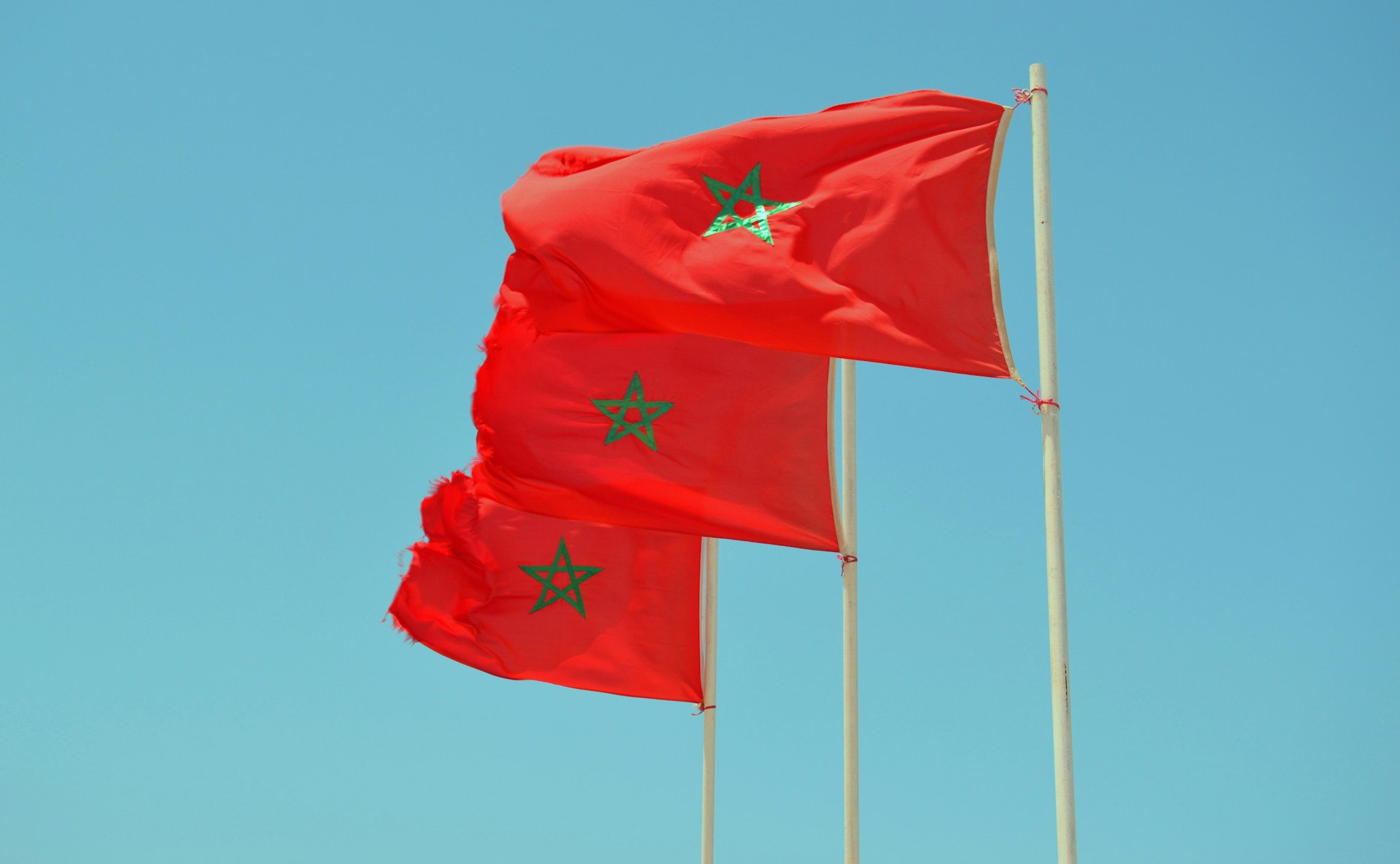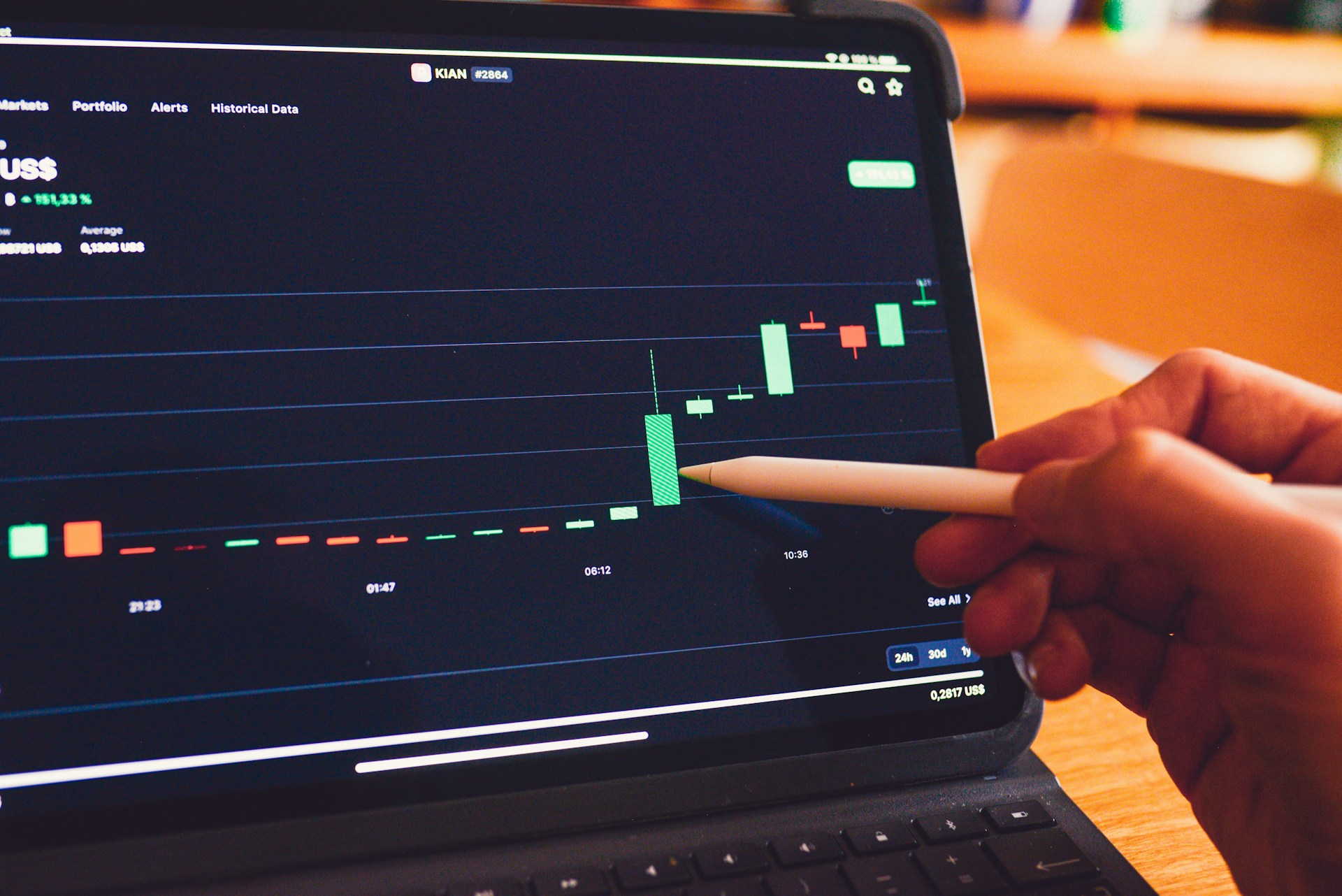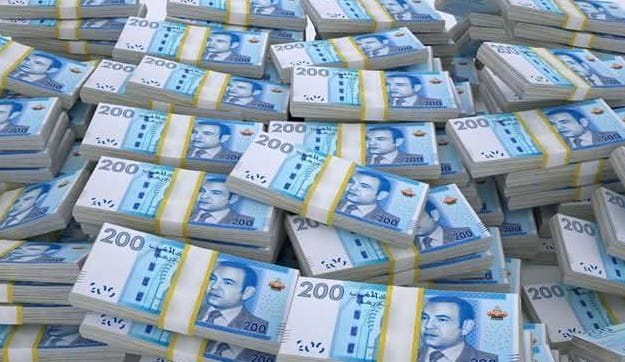Casablanca – The Moroccan Ministry of Economy and Finance has released its latest report detailing the state of the national budget for the first eight months of 2024. The report reveals a marginal improvement in the budget deficit compared to the same period last year, underscoring the ongoing challenges and adjustments in the country’s fiscal policies.
For the first eight months of 2024, the budget deficit stands at $4.14 billion, a slight reduction from the $4.29 billion recorded during the same period in 2023. This improvement reflects a balanced approach between revenue growth and controlled expenditure increases.
The document highlights a notable rise in revenues, which have increased by 12% to reach $24.8 billion. This rise is attributed to higher-than-expected collections and improvements in tax compliance. Conversely, expenses grew by 8.5% to $21.6 billion, driven primarily by increased allocations for public services and investment projects.
Regular revenues, adjusted for exemptions, tax rebates, and refunds, achieved a realization rate of 68% against the financial law forecasts. Regular expenses totaled $21.6 billion, with a realization rate of 70% and an increase of $1.64 billion compared to the end of August 2023.
The report indicates a significant rise in expenditure on goods and services, which increased by $1.6 billion. Employee expenses saw a realization rate of 67%, while expenditures on other goods and services were realized at 66%.
Compensation costs for subsidies decreased notably by $206 million, with reductions in subsidies for butane gas and soft wheat flour, although sugar costs saw a rise of $52 million. Support for the transportation sector remained steady at $164 million, reflecting a consistent government commitment to this essential sector.
Interest on debt increased by $165 million, with a realization rate of 73%. The regular budget surplus achieved during this period is $1.67 billion, demonstrating some fiscal stability despite the ongoing pressures.
Investment expenditures also saw a rise, reaching $6.7 billion, with a realization rate of 66%. This increase reflects the government’s focus on boosting infrastructure and development projects.
The Ministry’s report serves as a key statistical tool for evaluating the implementation of the financial law’s forecasts by comparing current performance with the same period from the previous year. The data underscores the Moroccan government’s efforts to manage its fiscal policy amidst fluctuating economic conditions and evolving budgetary needs.
















